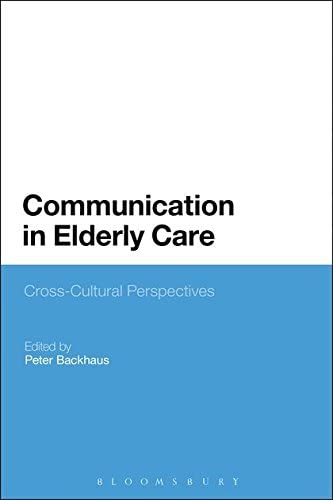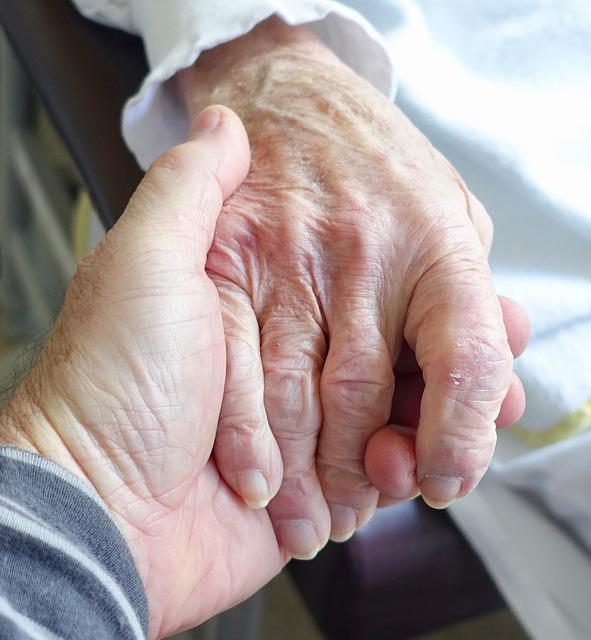
Private duty nursing is a form of care provided by licensed nurses. Private duty nurses may be LPNs/LVNs or RNs. There are many benefits to private duty nursing. In addition to a flexible schedule, it gives patients one-on-one attention and allows caregivers to be more flexible with their time. However, there are also drawbacks. Below are some of the cons associated with private duty nursing.
It was flexible work
Private duty nursing was an alternative to a full-time, stable job. Hospitals rarely offered permanent jobs for nurses and instead hired them on a per-diem basis, allowing them to work whenever they were needed. This system was designed to keep costs down while still having adequate staffing levels for the patients they serve. The per-diem model was not popular with private duty nurses, so many of them stayed in the private-duty sector.
It was viewed as wasteful of professional nurse resources
Private duty nursing was once considered a wasteful practice by many nurses. It's becoming more common in today's healthcare system. Many organisations have already banned private duty nurses, and even unions of nurses have started to oppose it. The simple reason for the shift is a lack in staffing and insufficient resources in drug room.
It is still very popular today.
Despite the increasing popularity of in-home care, private duty nursing is an unpaid form of care. The private nurse's services are usually paid for by the clients, although insurance may cover them proportionally based on their medical needs. If the client only requires medication once per day, some insurance plans will cover the whole care arrangement. Once the client no longer needs medical care, however, the insurance will not pay for any more nursing services.
